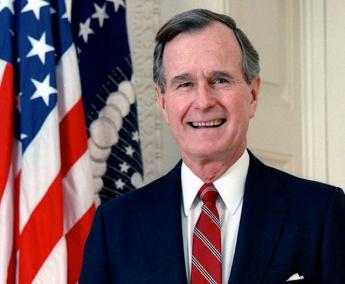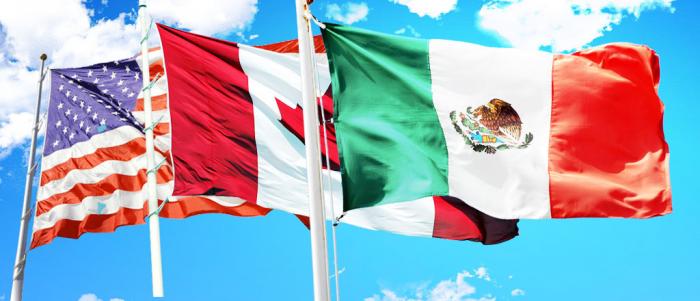Related Topics
Indigents
With a long history of welcoming and assisting the poor, Philadelphia has always risked swamping the lifeboat by attracting more of them than it can handle.
Dislocations: Financial and Fundamental
The crash of 2007 was more than a bank panic. Thirty years of excessive borrowing had reached a point where something was certain to topple it. Alan Greenspan deplored "irrational exuberance" in 1996, but only in 2007 did everybody try to get out the door at the same time. The crash announced the switch to deleveraging, it did not cause it.
Foreign Affairs
This topic is under construction. Feel free to watch it evolve.
Customs, Culture and Traditions (2)
.
Right Angle Club: 2013
Reflections about the 91st year of the Club's existence. Delivered for the annual President's dinner at The Philadelphia Club, January 17, 2014.
George Ross Fisher, scribe.
Constitution and Civil War
The Thirteenth Amendment abolished slavery (and involuntary servitude, except as punishment for a crime). It was passed by the Senate on April 8, 1864, and by the House on January 31, 1865.
Mexican Immigration and NAFTA

|
| George H.W. Bush |
The North American Free Trade Agreement (NAFTA) was signed on December 17, 1992, by President George H. W. Bush for the United States, Prime Minister Brian Mulroney for Canada, and President Carlos Salinas for Mexico. It was intended to eliminate tariffs from the North American continent, with long-run benefits for the three nations who made the agreement. Essentially, it was President Bush's idea, growing out of the long period of public service in which he prepared himself for the Presidency in most of the major components of the American government. After his election, he immediately started to implement the many ideas he had formulated, characteristically worked out in considerable detail, and assigned to government officials he had worked with and knew he could trust. The twin results were that he advanced sophisticated ideas much more quickly than is customary, but then experienced backlash from a public which was accustomed to understanding programs before they assented to them. NAFTA was a prime example of both the advantages and disadvantages of an expedited approach.
Tariffs are a tangled ancient political dispute between nations; George Bush got his two neighbors to sweep them away in a remarkably short time for diplomacy. However, plenty of people benefit from the pork barrel, the unfairness and the economic drag of tariffs, so Bush even got ahead of that opposition, essentially presenting it with a done deal. However, he failed to be re-elected because his fellow Texan Ross Perot campaigned as a third party candidate, thundering about a "giant sucking sound" which was predicted as American businesses would flood into Mexico. Whatever Bill Clinton may think, he won the election as a result of the third-party divisiveness of Ross Perot. And Clinton furthermore got to take credit for NAFTA largely because he claimed the credit. Poppy Bush followed Reagan's strategy of winning by letting others take the credit.

|
| NAFTA |
NAFTA had a lot of minor provisions, but the main feature was to help Mexico with manufactures, compensating for America hurting Mexican agriculture with cheaper United States agricultural imports. The usual suspects howled about the unfairness of such a dastardly deed, but they lost. Helping Mexican manufactures took the tangible form of the "maquiladoras", which were assembly plants from the United States re-located just south of the border, assembling parts made abroad into machinery and other final products, for sale in the United States. The general idea behind this was that Mexican immigration was mostly driven by a hunger for better jobs; give them jobs in Mexico, and they would stay home. That's a whole lot better than an endless border war. Even today, it would be hard to find anyone who would contend that fences, searchlights and police dogs were a superior way to control the borders.
For a while, the maquiladoras were a huge success. But then, China got into the act, paying wages so low that even Mexicans could not live on them. No doubt Ross Perot rejoices that the maquiladoras promptly collapsed, leaving abandoned hulks of factories just across the dried-up Rio Grande. And eventually, we even have tunnels bored under the border and more illegal Mexicans in America than we have people in prison who might take the same jobs. Not the least of the consequences came from the other parts of the same country. Mexico traded an injured agricultural economy for the promise of high-paid manufacturing jobs in maquiladoras. So, masses of impoverished Mexican farmers were made available for illegal immigration, up North.
It is now anybody's guess whether Chinese wages will rise enough, soon enough, to reverse the economics of their destruction of the Mexican economy. The election of a union-dominated Clinton/Obama presidency in the meantime does not bode well for actions which would reverse that result, which now would threaten American-Chinese relations of an entirely different sort. It is true that Chinese wages are relentlessly rising, and that transportation costs now favor assembly-factories closer to the American consumer. But maybe the moment for this approach is passing, or possibly has passed.
REFERENCES
| George H. W. Bush: The American Presidents Series: The 41st President, 1989-1993: Timothy Naftali, ISBN-10: 0805069666 | Amazon |
Originally published: Friday, February 01, 2013; most-recently modified: Friday, May 24, 2019